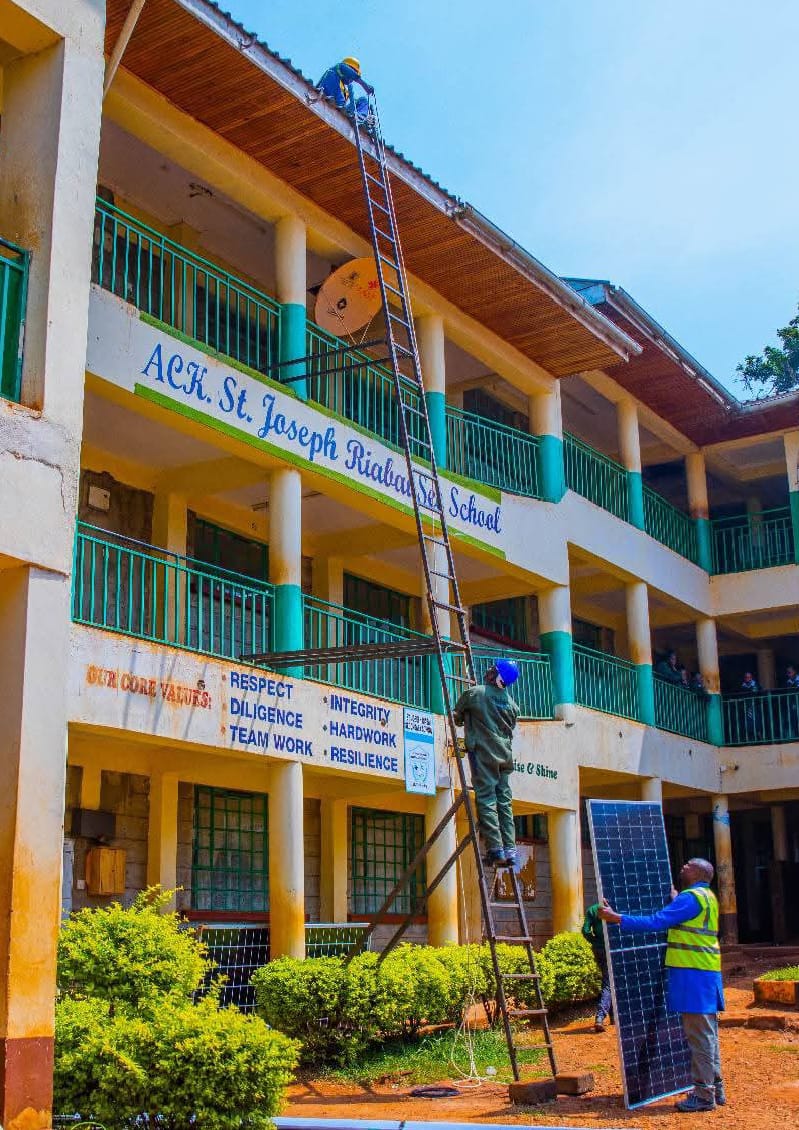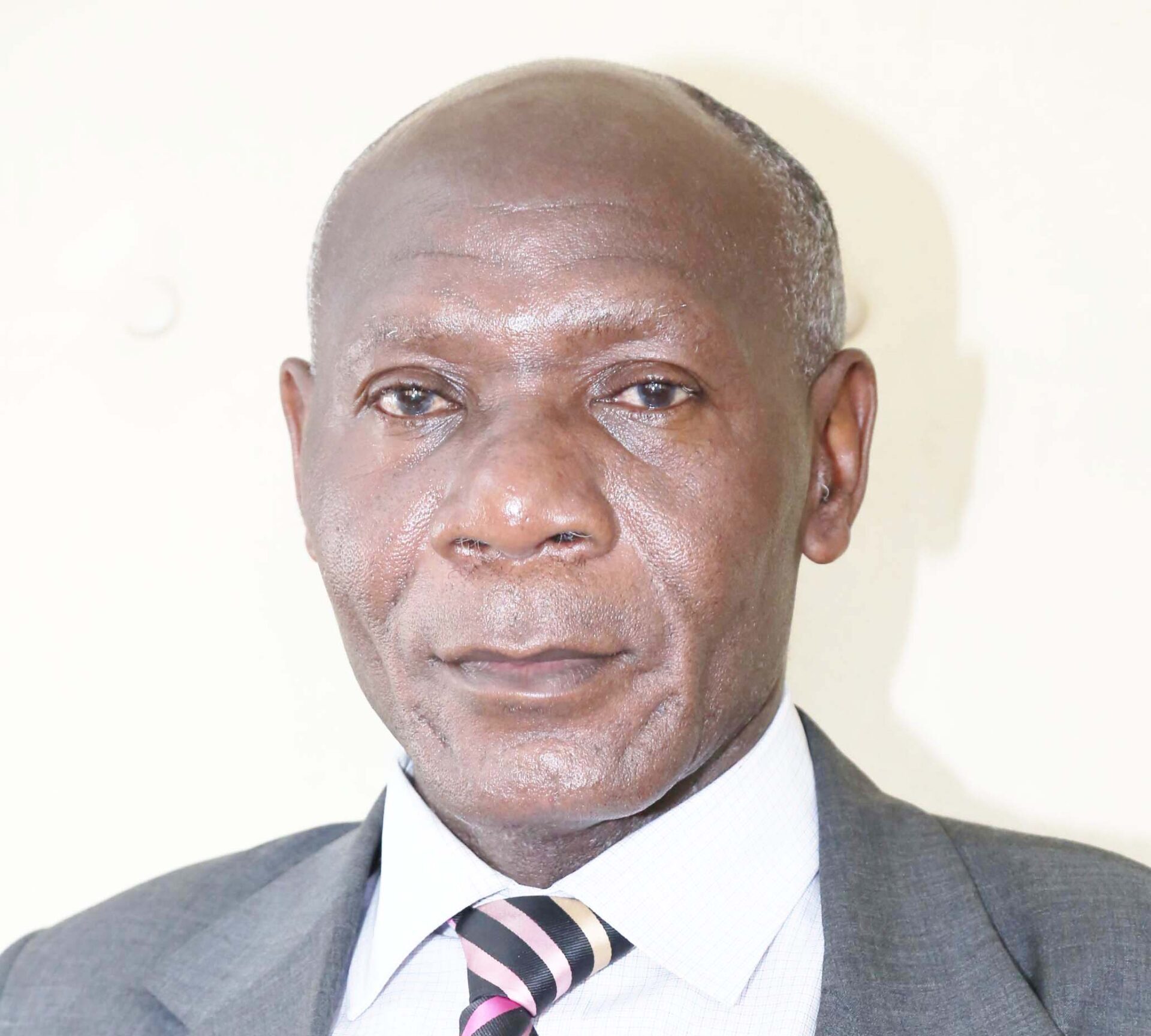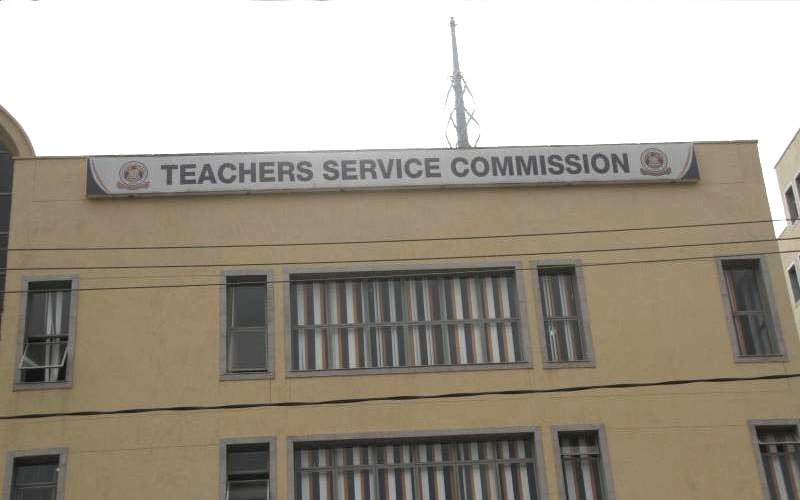Riabai Primary School has joined the growing list of institutions benefiting from solar energy installations in Kiambu County.
The initiative, championed by Kiambu MP Machua Waithaka through the National Government Constituency Development Fund (NG-CDF), aims to transform public learning institutions into clean energy hubs.
According to the MP, the solar installation at Riabai Primary, now underway, includes a 12kWp inverter and a 20kWh Energy Storage System (ESS). Once completed, the school will operate entirely off-grid — a bold shift that will eliminate reliance on the national electricity grid, reduce monthly utility costs, and end the interruptions caused by blackouts.
“This is more than just energy, this is empowerment. This is progress. This is Kiambu Rising,” Machua said.
The project is part of a broader effort to green Kiambu’s education infrastructure. Other schools that have already benefited from similar solar installations include Ting’ang’a Primary School, HGM Ting’ang’a Secondary, St. Peter’s Ndumberi, and ACK St. Joseph Riabai.
ALSO READ:
Governor Wamatangi launches ECDE feeding program to transform early childhood learning in Kiambu
He emphasized the long-term impact of the initiative. “With every panel we install, we are reducing our carbon footprint, preserving our environment, and ensuring our children have uninterrupted access to learning,” he said. “Solar lighting means cleaner air, lower emissions, and greater energy independence.”
The Riabai Primary School system is designed to meet the entire energy needs of the institution, powering classrooms, administrative offices, lighting, and other essential equipment without reliance on fossil fuels. The result is a cleaner, safer, and more reliable learning environment.
Teachers and parents at Riabai welcomed the project, noting its significance in improving the school’s infrastructure and learning conditions.
“This means our children will no longer struggle with poor lighting or unexpected power outages,” said Nancy Wambui, a teacher at the school. “It’s a huge boost to their education.”
Beyond education, the solar program also aligns with Kenya’s national climate goals and global commitments to clean energy.
According to environmental experts, switching to solar in schools reduces dependence on fossil fuels, helps conserve water resources, and supports biodiversity.
ALSO READ:
KUPPET boss demands TSC halt unjust deductions as branches decry payslip ‘betrayal’ nationwide
“This is climate action at the grassroots,” said environmental analyst David Muriuki. “When local communities start adopting clean energy, the ripple effect is massive — economically, socially, and ecologically.”
As the installations continue across the constituency, MP Machua has reaffirmed his commitment to making Kiambu a model for sustainable development.
“Every child deserves a learning environment powered by hope, not darkness. And every school deserves the tools to succeed without harming our planet,” he stated.
With solar power lighting the path ahead, Riabai Primary is not just embracing technology — it’s setting an example for a future where learning and sustainability go hand in hand.
By Felix Wanderi
You can also follow our social media pages on Twitter: Education News KE and Facebook: Education News Newspaper for timely updates.
>>> Click here to stay up-to-date with trending regional stories
>>> Click here to read more informed opinions on the country’s education landscape






